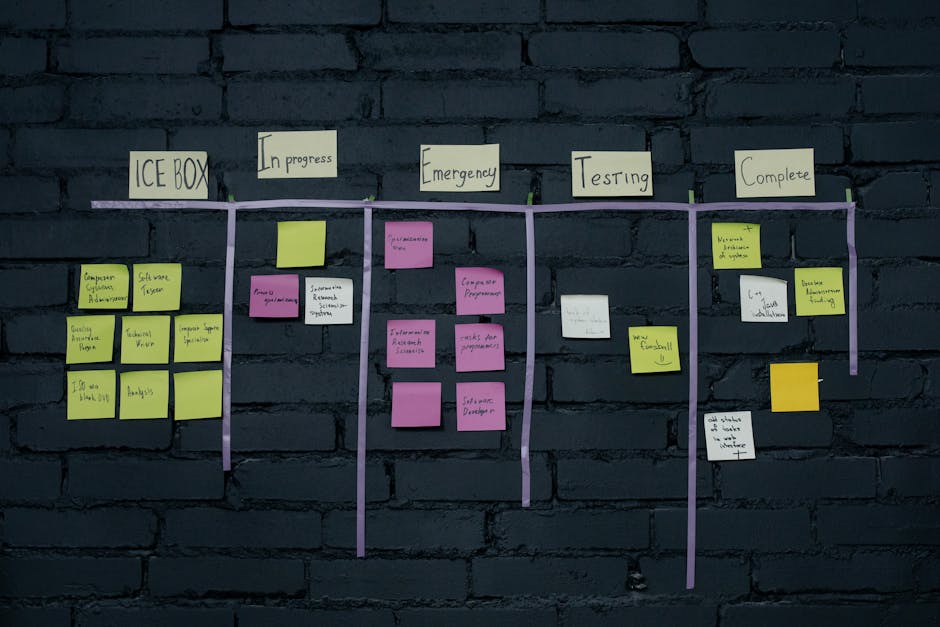
Effective Kanban Implementation Tips for Seamless Workflow
Introduction to Kanban Implementation
Implementing a Kanban system can significantly improve your team's workflow and productivity. With clear visual management, teams can easily track progress and identify bottlenecks.
Set Up Your Kanban Board
Start by designing a Kanban board that reflects your team's workflow. Use columns such as "To Do," "In Progress," and "Done" to organize tasks efficiently. Remember to keep the board simple and updated regularly.
Limit Work In Progress (WIP)
Applying WIP limits helps prevent overloading team members and ensures a steady flow of tasks. Learn more about WIP limit best practices to enhance your Kanban system.
Focus on Continuous Improvement
Regularly review your Kanban retrospectives to identify areas for improvement. Encouraging team feedback fosters a culture of continuous enhancement.
Utilize Metrics and Visual Indicators
Measuring Kanban metrics like cycle time and throughput provides insights into your process efficiency. Use visual indicators to quickly identify delays and bottlenecks.
Train and Engage Your Team
Ensure everyone understands the principles of Kanban principles. Providing training sessions and resources can facilitate smoother adoption and collaboration.
Conclusion
Implementing Kanban effectively requires planning, discipline, and a focus on continuous improvement. By applying these Kanban implementation tips, your team can achieve a more organized and productive workflow.
